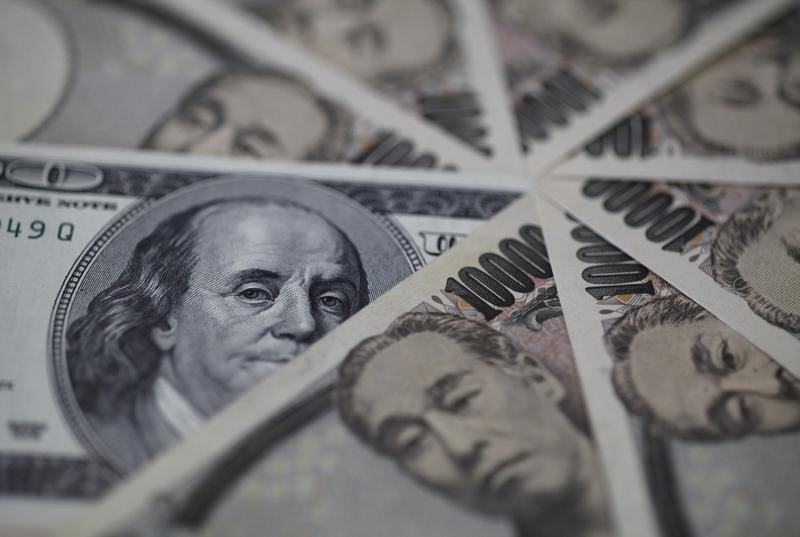
Regional trading volumes were held back by a holiday in China, with markets set to open on Tuesday.
Most Asian currencies were nursing steep losses from the prior week after stronger-than-expected U.S. nonfarm payrolls data wiped out bets on more bumper interest rate cuts by the Federal Reserve, with markets now pricing in a smaller reduction in November.
The dollar index and dollar index futures moved little in Asian trade after logging strong gains last week, especially following Friday’s payrolls data.
The reading quashed fears of a U.S. economic slowdown, and furthered the notion that the Fed will not need to cut rates sharply to support the economy.
Traders were seen largely wiping out bets on another 50 basis point cut in November, and were pricing in an over 90% chance of a 25 bps cut, CME Fedwatch showed.
Focus this week is on addresses by a slew of Fed officials, as well as the minutes of the Fed’s September meeting. The Fed had cut rates by 50 bps during the meeting and announced the start of an easing cycle, although it still said future rate cuts will be data-dependent.
Consumer price index inflation data for September is also due later this week, and is likely to factor into the Fed’s outlook on rates. But the prospect of smaller rate cuts presents a less conducive environment for Asian markets.
The Japanese yen was the worst performer among its regional peers over the past week, with the USDJPY pair surging to its highest level since mid-August.
The yen was hit by growing doubts over the Bank of Japan’s ability to keep raising interest rates in the coming months, especially amid uncertainty over the upcoming Japanese general elections.
Recent economic data also showed limited strength in the Japanese economy, which could in turn give the BOJ less headroom to raise rates further.
Broader Asian currencies were muted after logging steep losses last week. Still, overall losses in regional currencies were limited by optimism over more stimulus measures in China. The country’s top economic planner is set to hold a briefing on Tuesday, outlining more economic support.
The Australian dollar’s AUDUSD pair rose 0.2%, while the South Korean won’s USDKRW pair rose 0.1%.
The Singapore dollar’s USDSGD pair was flat, as was the Indian rupee’s USDINR pair, although it remained close to record highs.
To read the full article, Click Here

